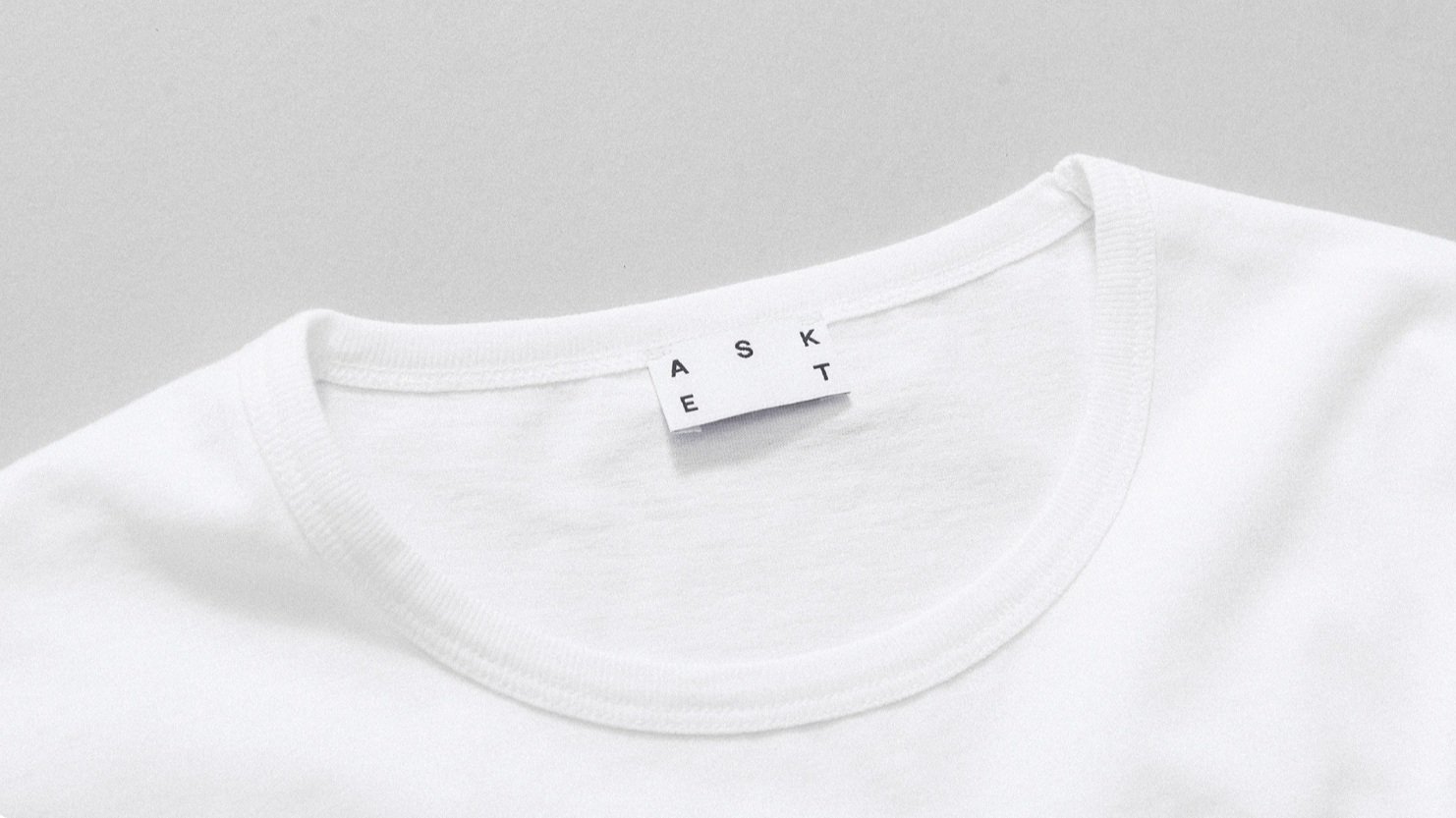Simple Isn’t Easy
Photography by ASKET
Timeless style can be more than just an aesthetic ideal. It can be a manufactured reality
I love coffee. I also love cafés, but I often struggle to find exactly what I am looking for. In my eyes, a perfect café would meet a small but essential set of criteria: great service, a relaxing atmosphere, well-made drinks and reasonably fast internet. However, these things are rarely found in one place. Some cafés have bland coffee or slow internet. Many go out of business before they have time to build a base or identity. These establishments aren’t paying homage to the basics and consequentially, they are unsustainable.
It turns out that simple isn’t necessarily easy. Leonardo da Vinci once said ‘simplicity is the ultimate sophistication’ and nowhere is this truer than within the fashion industry. Creating refined clothing is often a gradual process that is at odds with the commercial production of immense volumes. Decisions are based on profit margins, rather than individual suitability and long-term sustainability. This can lead to items of low material quality, produced via dubious working conditions. Shortcuts are so common that brands with real integrity and clarity of purpose are worth celebrating.
One such company that refuses to cut corners is the Scandinavian clothing brand ASKET. Swedish founders Jakob Dworsky and August Bard Bringéus initially set out to produce the ultimate white T-Shirt which, like my café, is something so simple and unassuming that it is frequently neglected. ASKET’s T-Shirt comes in 15 sizes, making sure that you can find the perfect fit for your body. They choose to avoid extravagant marketing campaigns and glamorous stores and this has allowed them to challenge ‘premium’ price-tags, creating real value, without compromise. ASKET aim to create permanent collections that cultivate traceability and transparency so that consumers can see the often invisible side of production. All details are carefully considered.
Brands like ASKET couldn’t come at a better time. We have more clothes than ever, yet we use only 10% of our wardrobes. We wear items 7 times on average before they contribute to the ever-growing clutter of our lives. These numbers reflect the growing lack of connection with what we have and a modern obsession with the ‘new’ that is leaving many of us paralyzed by choice.
But there is a transition underway. We, as consumers are increasingly calling for brands to produce simple, elegant and long-lasting clothing that we want to wear 100% of the time.
Timeless style can be more than an aesthetic ideal. It can be a manufactured reality, made possible by slowing down and mastering the basics.
This article was made in collaboration with ASKET. The original feature can be found here.

